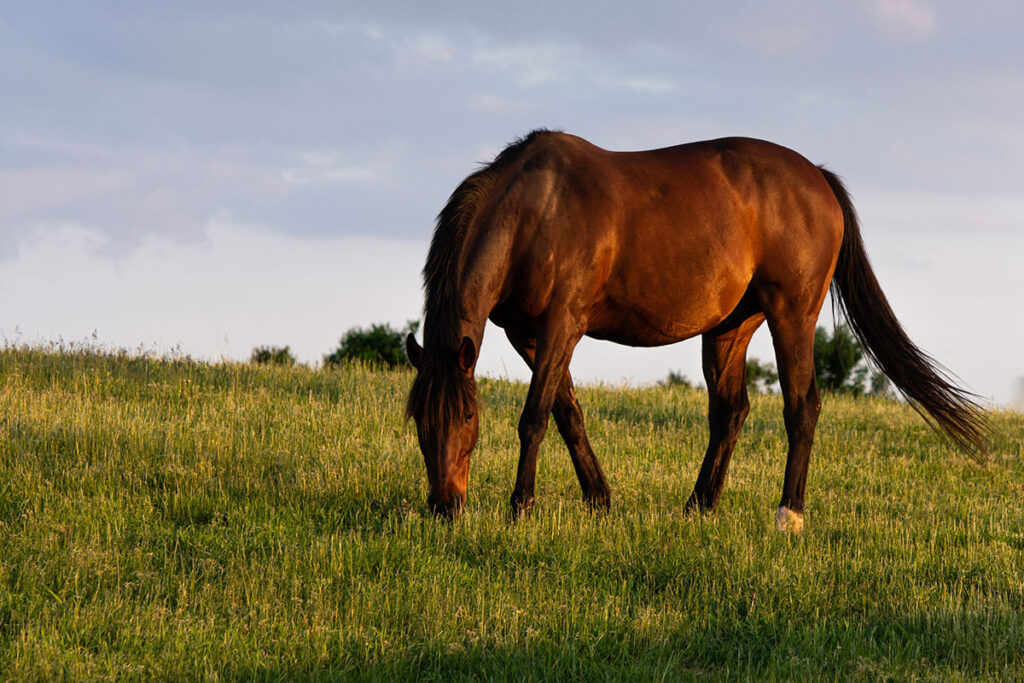
Fibrillar Pattern Ultrasound Findings in Young Thoroughbreds
Researchers have defined the significance of suspensory ligament abnormalities and their impact on racehorse performance.

Researchers have defined the significance of suspensory ligament abnormalities and their impact on racehorse performance.

Recent research offers fresh insights on post-ovulation breeding timing, risks of broodmare obesity, and twin reduction outcomes.

Changing antibiotic prescribing habits can be challenging for practitioners, but small steps, peer support, and stewardship guidelines can improve antimicrobial use.

Learn why experts are questioning routine antibiotic use in equine orthopedic surgery and how alternative strategies can help reduce infection risk.

Reserve antibiotics in equine reproduction for proven infections, not routine use. Vets should utilize alternative treatments to reduce AMR risk when possible.

To reduce antibiotic use in equine practice, vets should limit prophylactic treatment and prescribe only for confirmed infections.

One expert calls antimicrobial resistance a threat to global horse health. Here’s how equine vets can improve diagnostics and use antibiotics wisely to combat this crisis.

Experts described 6 new studies that made significant impacts on equine musculoskeletal problem diagnosis and treatment in 2024.

Here’s how veterinarians manage problems such as foal diarrhea, dehydration, and milk replacement challenges on the farm.

Researchers believe PPID (formerly called equine Cushing’s disease) might have negative effects on mare fertility but need more research to understand why.

Drs. Sherry Johnson and Kelly Zeytoonian, paid consultants of American Regent Animal Health, share their experiences using Adequan i.m.® (polysulfated glycosaminoglycan) as part of their multimodal approach to managing degenerative joint disease (DJD).

Milne lecturer Dr. Lisa Fortier advises veterinarians to evaluate a horse’s overall health before using orthobiologics and to treat injuries early for the best outcomes.

Researchers found that a schizophyllan and hyaluronan supplement might help veterinarians and owners manage EGUS.

Take a look at recent research on autologous blood-based products and their effects on equine joints and metabolic parameters.

Sheats was chosen for the award due to her innovative leadership that is transforming veterinary student education.

Whittle received the award for his advocacy for veterinary students and scope-of-practice protections.
Stay on top of the most recent Horse Health news with
"*" indicates required fields